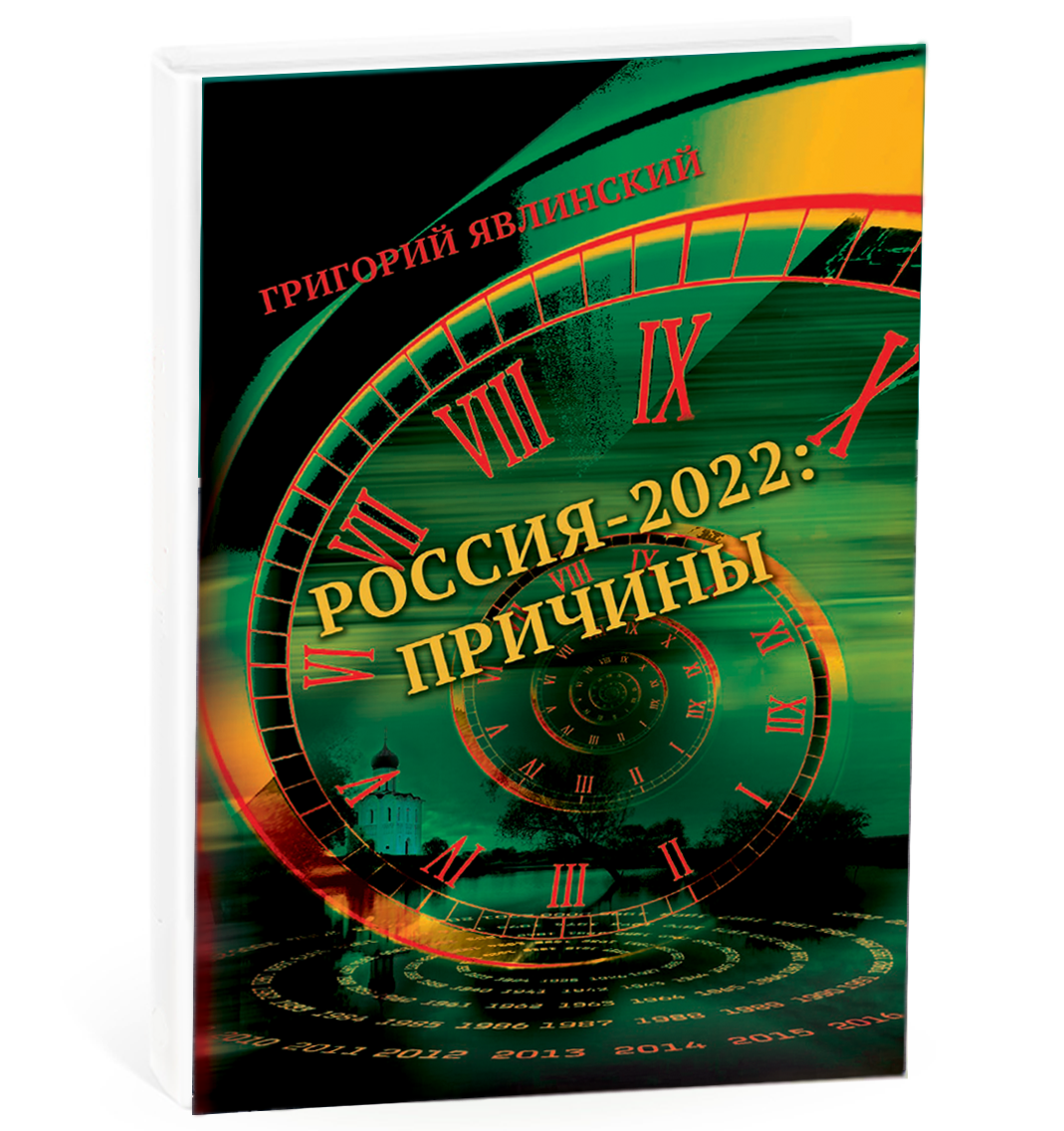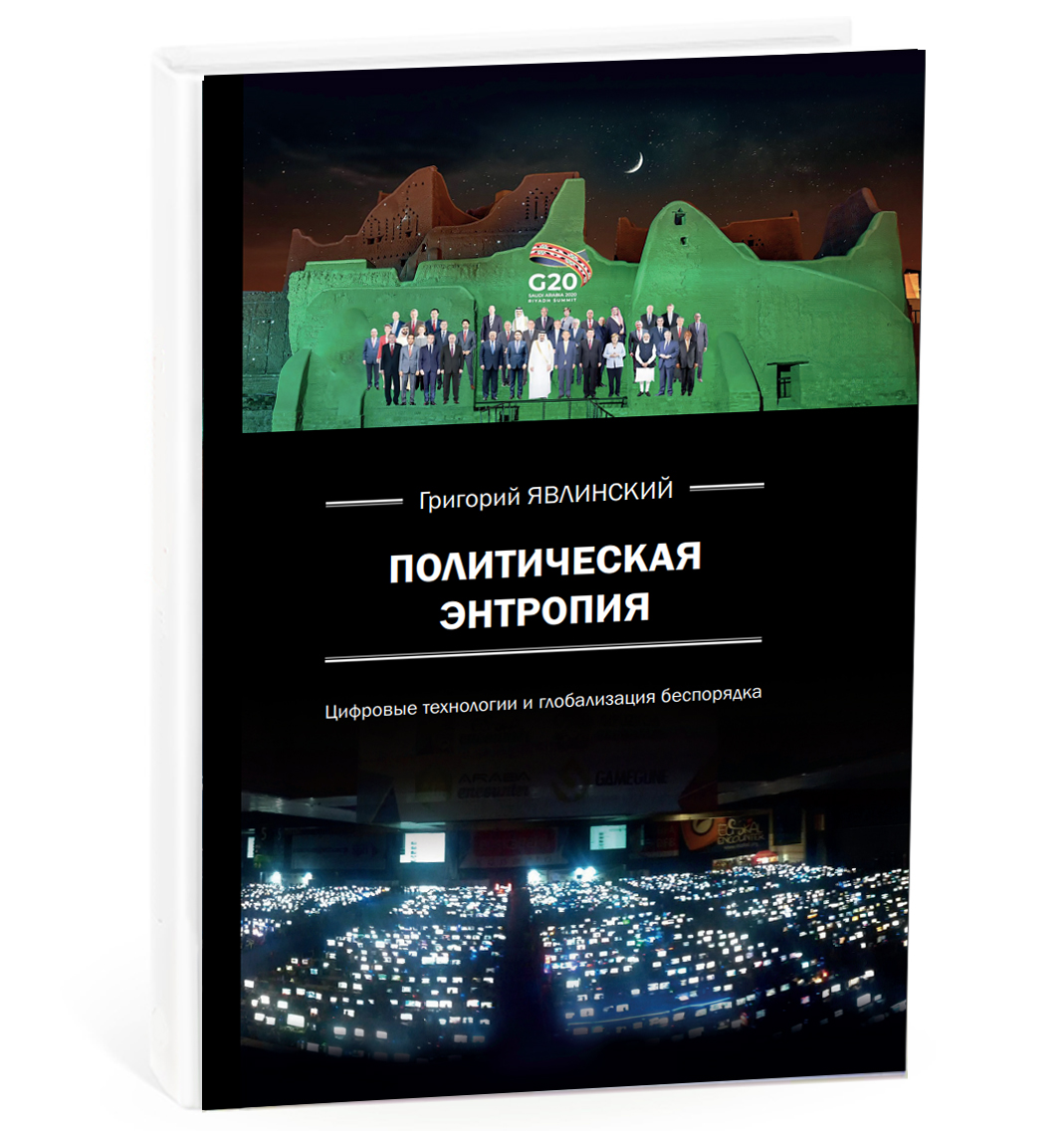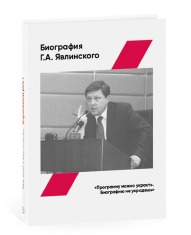The position and actions of the Russian authorities towards Ukraine and in connection with the developments there represents a dangerous political gamble.
We consider raising the issue of possible introduction of Russian troops on the territory of Ukraine be absolutely unacceptable.
We also regard the operation on separation of Crimea from Ukraine and its annexation be an error of a national scale.
The basis of this dangerous policy is positioning of Ukraine as a “failed state”, which is popular among the entourage close to the powers that be, as well as imposing of the idea that it is in Russia’s interests to push Ukraine into political degradation and territorial collapse, or to transform it into a puppet state.
We are convinced that it is in Russia’s interests to make an immediate break with such ideology and to bring such policies to an end.
In connection with the violation of a package of international treaties and agreements connecting Russia and Ukraine, destruction of the system of guarantees given to Ukraine by Russia together with the U.S. and Britain in 1994, the immediate consequence of the continuation of this policy is undermining of the validity of the treaty on nonproliferation of nuclear weapons, rejection of the principle of inviolability internationally recognized borders and recognition of Russia as a country with a zero international reputation.
In the case of even an informal, and moreover formalized annexation unprecedented in Europe since 1945 – either of Crimea or any other territories – Russia will become a state with borders that are not recognized internationally and with all the consequences, both local and global. Russia would be confronted with the as yet uncertain, but potentially extremely dangerous position of the almost 300,000 strong Crimean-Tatar community and other groups, and would also have to deal with extremely serious economic and humanitarian problems.
It is vital that no blood has been spilled so far in Crimea: However, one thing is evident: Crimea today is humiliating en masse people who are upholding the Ukrainian Constitution (for example, the beatings handed out during the meetings on 9 March) and Ukrainian soldiers (compelling them to break their oath of allegiance or to surrender their weapons). This looks like nothing more than revenge against the Ukrainian people for trying to show dignity and self-esteem. Unfortunately, the authoritarian leadership of Russia did not understand twenty years ago and does not understand now how long-lasting and devastating the effects of contempt for human dignity and mass-scale humiliation of people might be.
Direct humiliation in Crimea of people loyal to their internationally recognized state, propaganda mediated humiliation of the whole of the Ukrainian state, which has become a key element in the Russia’s information policy, lies and violence, underlying domestic and foreign policy mean poisoning the Russian national consciousness and paralysis of the opportunities for citizens of Russia to morally realize themselves as independent individuals in the best Russian tradition, based on respect for people and nations. The implications all the citizens of our country will feel for a long time.
The main result of the current policy in respect of Ukraine is to consolidate Russia’s course as a non-European country, a “quasi-Eurasian” state, which disregards human rights and international law, rejects the whole system of painstakingly formed relations of the 21st century, and acts as fanatical antagonist of the West. Such a course and the political position of the authority pushes our country and state far back.
The purpose of this course is the preservation of the “sovereign” criminal-oligarchic system of government established after 1991 to the detriment of national and state interests of Russia.
Continuing along this course in domestic policies would result in Russia’s transformation into a closed and even more isolated corporate state, which has in principle no ties with society, the possibility for its citizens to express their opinions and discuss the developments.
Its continuation in the internal politics threatens Russia’s transformation into a more closed isolated corporate state, which, in principle, there is no connection between society and state, the ability of citizens to express their opinions and discuss what is happening. This would lead to a ruinous halting of development, the destruction of the nation’s creative potential, and everything that could provide Russia with a dignified present and future.
On the foreign policy point of view, this course is the primary source of destabilization of the entire post-Soviet Russia threatens its continuation as a new crisis on its borders and within the country.
From the point of view of foreign policies this course would destabilize the entire post-Soviet space, continuation of this course would threaten Russia with new crises both on its borders and also within the country.
They will be especially dangerous in a situation of undermining of all the approaches to the issue of territorial integrity, all the institutions that support the peace and security of Europe after the Second World War, destruction of the established mechanisms and the rules and traditions for conflicts resolution.
The blame for undermining international law and degrading the institutions of security cannot be laid only at Russia’s door. The hypocrisy, and shortchanging of the underlying values of European culture for transitory “pragmatic” interests, the focus on brute force, and compartmentalization of international law emerged and have been enhancing in the international politics for the past twenty years. They came to the fore in the war in Yugoslavia, the events in Iraq and other countries in the Middle East.
However, today it is Russia that assumes responsibility for crossing the border dividing an extremely dangerous tendency from chaos. This means that our country is getting a back seat in history.
We can only fundamentally improve the position of our country and open up development opportunities by decisively renouncing our anti-European stance and returning to the European course that does not reject Russia’s uniqueness, and participate deliberately and seriously in the implementation of the major European project over an area running from Lisbon to Vladivostok.However, today we address not only the supporters of our view on the strategic development, but also our ideological opponents, all political and social forces and professional politicians putting the country’s interests above their own gain, we declare the following: it is necessary to put an end to Russia’s adventurous policies towards Crimea and Ukraine so that to keep Russia as such.



